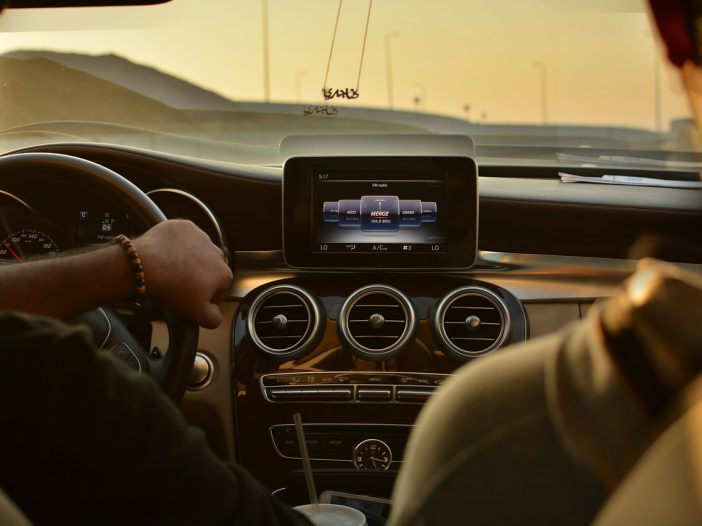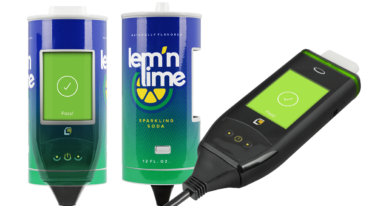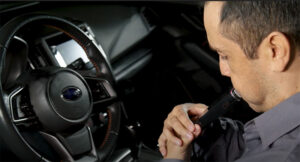
Can Someone Else Drive My Car With An Ignition Interlock?
Estimates suggest that 29 people in the United States die every day from drunk driving incidences. That averages out to about one death every 50 minutes. State and federal measures, litigation, and sobriety checkpoints have been effective in reducing alcohol-impaired driving and preventing the potential injuries they may cause. Ignition interlock devices, (commonly known as car breathalyzers) originally reserved for repeat offenders, are no used much more commonly, even for first-time DUI offenders. These devices have been invaluable in reducing repeat DUIs, but many people are concerned about whether other people can legally drive their vehicle with an IID installed.
Understanding Ignition Interlock Devices
Blood alcohol content is the main quantitative measure in determining a person’s level of intoxication. BAC is depicted as a percentage that refers to the gram weight of ethyl alcohol for every 100 milliliters of blood. For example, a BAC of 0.08 percent (the legal limit in all states) actually means that you have 0.08 grams of alcohol per 100 milliliters of blood.
An ignition interlock device hooks up to your vehicle’s ignition system. In order to start your vehicle, you have to blow into your IID, which measures your BAC. You can start your car as you normally do if your BAC is below the set limit. The set limit varies from state to state, but most jurisdictions set it at a BAC of around 0.02 percent. If your BAC is above the programmed limit, your ignition interlock device will keep you from starting your engine for either a set amount of time or until a clean breath sample is submitted.
But it doesn’t end there. Once you get your car started and set out on the road, your ignition interlock device will periodically require you to submit more breath samples. Known as rolling retests, this ensures that you did not start your car by having someone else blow into the device. If you fail to submit a breath sample in the given amount of time or if your breath sample hits a BAC above the limit, your car will log the event by sending a trigger to an alarm until you turn off your vehicle or give a clean breath sample. Contrary to popular belief, failing a rolling retest will not suddenly stop your engine, which would be dangerous for you and everyone else on the road.
Ignition interlock devices, or IID, have an internal storage system that keeps track of both successful and fail breath tests, your BAC levels for each test, missed calibrations, and any potential instances of tampering. More advanced models of interlock devices feature GPS and log every time you take a test and where you are when you take that test. These logs are then sent immediately or monthly during your maintenance visits to your monitoring authority, which could comprise:
- The court
- Your state’s driver’s license agency (DMV)
- A probation or parole officer
Can Someone Else Drive My Car with an Ignition Interlock?
If you share your car with your partner, family members, or roommate, you’re probably wondering if it’s legal for someone else to even drive your vehicle. Simply put, yes. However, whoever drives the car still needs to blow into the device to start the car and submit breath samples for rolling retests. The ignition interlock device cannot identify who is behind the wheel. That means that whoever intends to drive your car has to be taught how to properly operate the ignition interlock device.
While it might be easier to disable the IID for other drivers, that’s not how the process works. The device (understandably) does not feature an on/off switch, and trying to actively disable your ignition interlock device is a crime and could result in fines, extended IID periods, a license suspension, and potential jail time.
Most importantly, you are responsible for anyone who drives your IID-equipped vehicle. That means that any failed test could ultimately land on your shoulders, even if you were not in the car. If you do allow other people to drive your vehicle, it’s important that you know and trust them to drive sober, not just for your sake, but for the safety of other people on the road.
If you do have people in your life who need to share your car, make sure they are properly trained. Ignition interlock devices may seem intimidating at first, but they’re easy to use. As long as whoever is driving stays sober, there shouldn’t be any problems.


